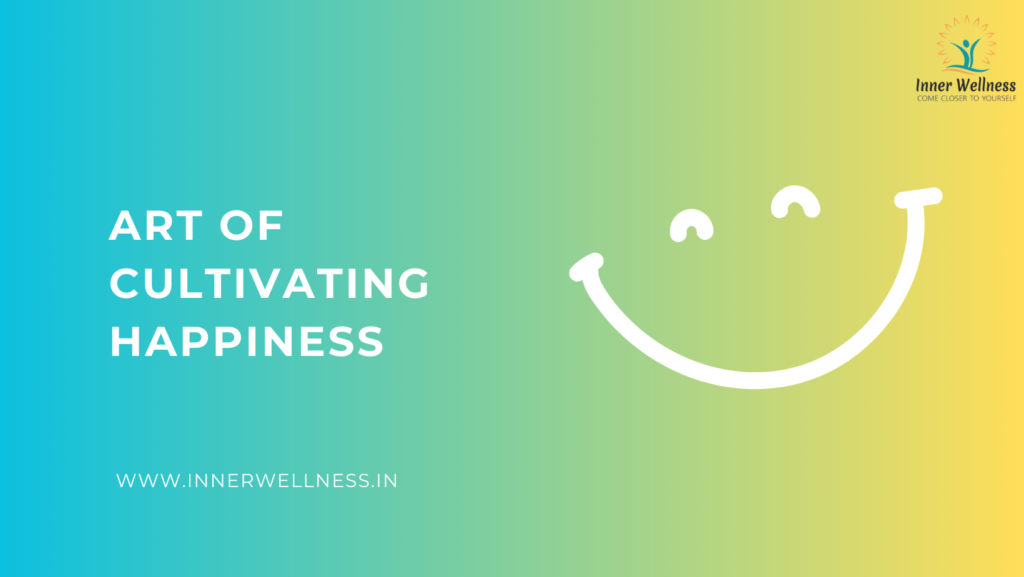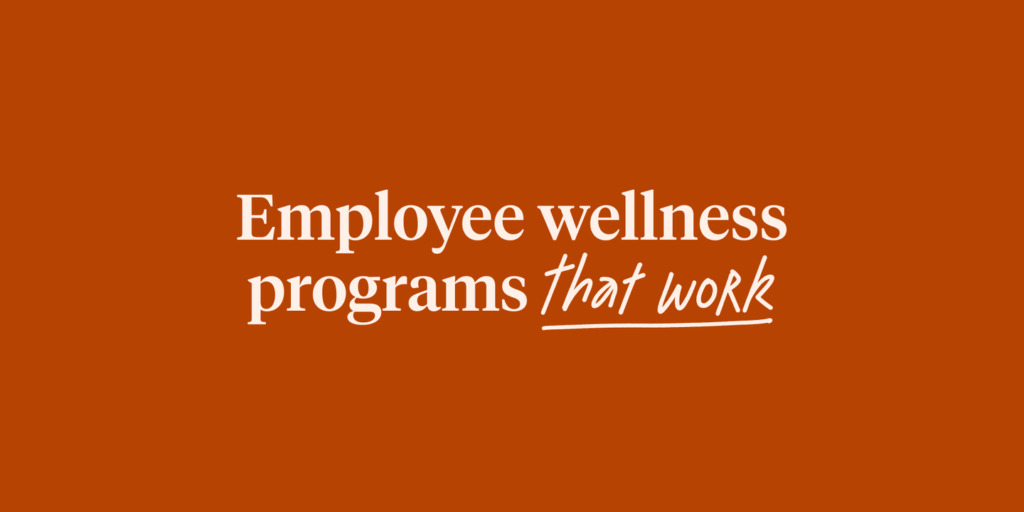WHO TAKES AWAY OUR HAPPINESS?
Our feeling of pleasure is tangled with our thoughts and experiences. It is brought on by significant life events and simple daily pleasures. Our happiness often depends on the people around us, places we go, and things we do.Some times when people and situations don’t behave or act according to us, that is the main cause of our unhappiness, when we cant express ourselves in personal or professional life, that is also reason for unhappiness.
However, true happiness starts within yourself. To cultivate happiness, you need to turn to yourself and start practicing some simple happy habits.
Be Present Mental well-being research shows that living in the moment makes people happier.
Being present in the moment can help reduce stress, alleviate anxiety, and improve your emotional awareness, all of which can lead to increased happiness.
Mindfulness meditation can be an excellent tool to achieve a state of presence. It allows you to pay close attention to whatever you are experiencing in the present moment, with calm acceptance and no judgment.
Mindfulness enables you to recognize negative self-talk and reflect on your inner critic while in a state of deep relaxation. It can help let go of negative emotions, improve your self-respect, boost optimism, and empower you to feel content.
Let Go of Comparison It seems that, with the expansion of modern technologies, our self-esteem and happiness have gone down the drain. Surveys show that social media promotes feelings of loneliness and unhappiness, self-esteem issues, and depression.
However, non-stop connectivity makes it hard to feel happy with your life. The constant need to compare your life with other people’s lives may cause feelings of anxiety, envy, dissatisfaction, and low self-esteem.
To let go of comparison:
• Become aware of situations that cause you to compare yourself to others and try to avoid them.
• Take a break from mindlessly scrolling social media feeds.
• Breaking a habit of comparing yourself to others can help let go of jealousy, disconnection, loneliness, and depression.
Gratitude Practice A daily practice of naming the three things that conjure feelings of gratitude can make you more thankful, improve your mood, raise resilience, and increase optimism.
Being mindful of your blessings is what makes the gratitude practice so powerful. Studies show that gratefulness can rewire your brain to be more sensitive to experiencing gratitude.
Gratitude helps cope with negative emotions, and it can reprogram your subconscious to be more positive and attract abundance. Mediate with Madhu- Gratitude Mediation, you can try on our YouTube Chanel.
LOVE To attract love, you need to cultivate self-love first. Self-love and self-compassion mean you believe that you are lovable. And another person can complete you only if you complete and accept yourself.
A good, healthy relationship in which you connect on a deeper level and profoundly bond with your partner conjures feelings of contentment and happiness.
Similarly, the feeling that your partner and other important people accept and appreciate you for who you provides a sense of pleasure and joy.
Let Go of Perfectionism Having a clear idea of where you want to be in life can increase your chances of success and boost life satisfaction. Setting realistic goals and working hard to achieve them is a sign of healthy devotion.
However, perfectionism has its roots in self-esteem issues and anxiety. The awareness that you are not content with yourself can cause unhappiness and dissatisfaction.
Perfectionism pushes you to set unrealistically high standards and expectations for yourself and others, killing your chances for happiness.
If you want to be happy and satisfied with your life, you need to nurture a growth mindset. Adjust your expectations, set reachable goals, and accept that everyone has flaws.
“IF YOU WANT TO BE HAPPY, BE” – LEO TOLSTOY
Forgiveness of Self and Others Forgiveness of self and others is linked to good mental health and well-being. Resentment, anger, and shame drain energy and may cause anxiety, depression, mood disorders, and other mental illnesses.
To cultivate happiness, practice self-compassion and acknowledge that you deserve empathy as much as anyone else. Self-compassion will teach you to let go of self-blame and feelings of guilt, shame, sadness, anger, and other negative emotions that impede your happiness.
Deliberately choosing to self-forgive and forgive means releasing yourself and others out of debt. Making peace with the past can help let go of negative emotions, improve your relationships, move on, and nurture happiness.
Allow Your Emotions and Move Through Them To cultivate joy in your life, learn to allow your emotions and let go of them. Reflect on your emotions and accept them as equally important. But, don’t let negative feelings overwhelm you. After you acknowledge them, mindfully move through them, and set yourself free.



